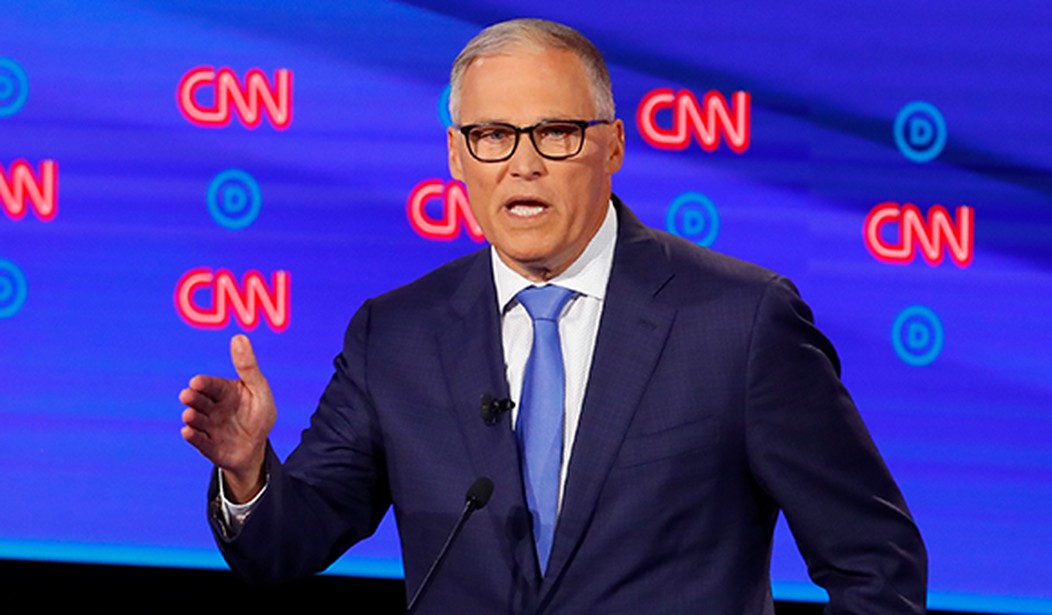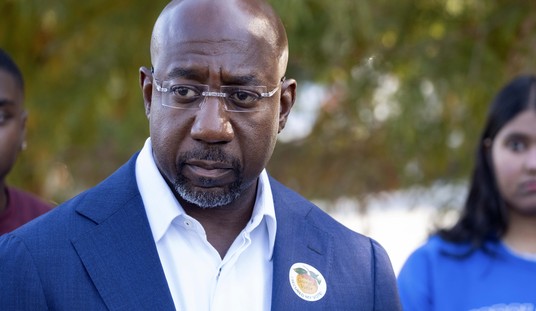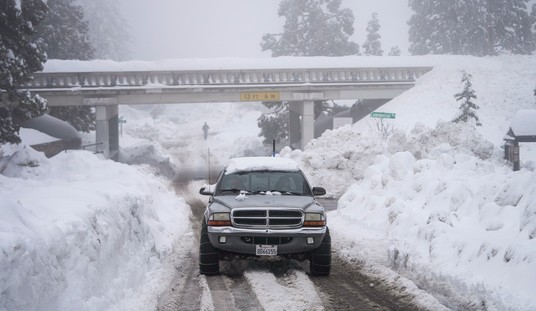(The opinions expressed in guest op-eds are those of the writer and do not necessarily represent the views of RedState.com.)
Asked by reporters at a Jan. 27 press conference to comment on a pair of bills working their way through the state Legislature designed to curb his systematic abuse of emergency powers laws during the COVID pandemic, Washington Gov. Jay Inslee huffed, “I’m not really excited about it.”
Fortunately, he’s pretty much the only one who feels that way.
Nearly 10,000 of Inslee’s constituents signed up to be heard last week when the Legislature took public comment on Senate Bill 5909 and House Bill 1772.
For a Jan.26 hearing on SB 5909, a total of 5,457 people called in.
Three days later, 5,405 signed up for public comment on HB 1772. Of these, nearly 5,300 called in to the remote hearing in favor of the emergency powers curtailment.
Only 118 were opposed.
SB 5909, in fact, is sponsored by Inslee’s fellow Democrats.
“(I)nstead of only the governor having a say, (it would) ensure that the Legislature has a say in the process,” said the bill’s author, Sen. Emily Randall (D-Bremerton).
The most substantive difference between her proposal and HB 1772, sponsored by Rep. Chris Corry (R-Yakima), is that Randall’s bill would trigger action by the Legislature after 90 days, while the Republican version wants only 60.
Both wait far too long.
The measures were introduced nearly two years after Inslee, like numerous fellow Democrat governors around the country, overreacted to the virus by arbitrarily closing down thousands of Washington businesses — many for good — while classifying all public employees as “essential” workers, ensuring they never missed a paycheck.
Not surprisingly, Inslee is strongly backed by the state’s public employee unions.
At Inslee’s insistence, Washington adopted some of the nation’s most stringent mask and vaccine mandates, in addition to doing incalculable damage to a generation of public school students by ignoring scientists and deferring to the demands of teachers’ unions that K-12 classrooms be closed in favor of “distance learning.”
In May 2020, Inslee announced the formation of three “Safe Start advisory groups” to help guide the gradual re-opening of the state, which had been largely shut down since Inslee issued his March 23 “Stay Home, Stay Healthy” order to fight COVID-19.
Referring to the panel as a “really diverse group of … community leaders,” Inslee neglected to mention that 19 of the 27 members charged with making recommendations about which businesses could open and which must remain closed were contributors to his most recent election campaign.
The same month, a probe by the Freedom Foundation revealed Inslee’s Washington State Health Department had overstated the scope of the problem by as much as 15 percent by classifying every fatality in which the patient had ever tested positive for the virus as a COVID death.
Using this methodology, even gunshot victims were considered COVID casualties.
When confronted about the hoax, Inslee dismissed the reports as “conspiracy claims from the planet Pluto.” But days later, he quietly sent officials from his Department of Health out for a hastily arranged videoconference to admit they were true.
Typical of Inslee’s heavy-handed, politically motivated COVID response was his decision to personally intervene when the owners of Slidewaters, a popular water park in Chelan, Wash., defied his shut-down order and tried to open for the 2020 summer season.
The facility’s plan to minimize exposure and operate safely had won approval from county health officials, but Inslee instructed his Department of Labor and Industries to override their decision and shut the park down — throwing dozens of employees out of work and costing the community millions of needed tourist dollars.
Washington isn’t alone in believing its governor should have long ago sought approval for its COVID response from the other branches of state government.
For this year’s legislative sessions, in at least half the states, Republicans and some Democrats have proposed limiting their governor’s emergency powers in some way, according to the National Conference of State Legislatures.
Supporters say existing laws that give governors sweeping emergency powers are unsuited for a multi-year crisis such as the COVID-19 pandemic. Opponents of the proposed legislation, including many governors, say efforts to limit executive authority will make it harder for state leaders to act quickly in a crisis.
Quickly or unilaterally?
The point of emergency powers legislation is to facilitate immediate and short-term action, not create banana republic dictators. State lawmakers can — and must — be involved in the decision-making process within days, not two or three months down the road.
Or much longer.
Jay Inslee and the Democrat-dominated Washington State Legislature that abdicated its responsibilities to him for two long years are Exhibits A and B in the case for putting immediate and severe restrictions on how, when, or if emergency powers are invoked at all.
Jeff Rhodes is vice president for news and information at the Freedom Foundation. www.FreedomFoundation.com














Join the conversation as a VIP Member